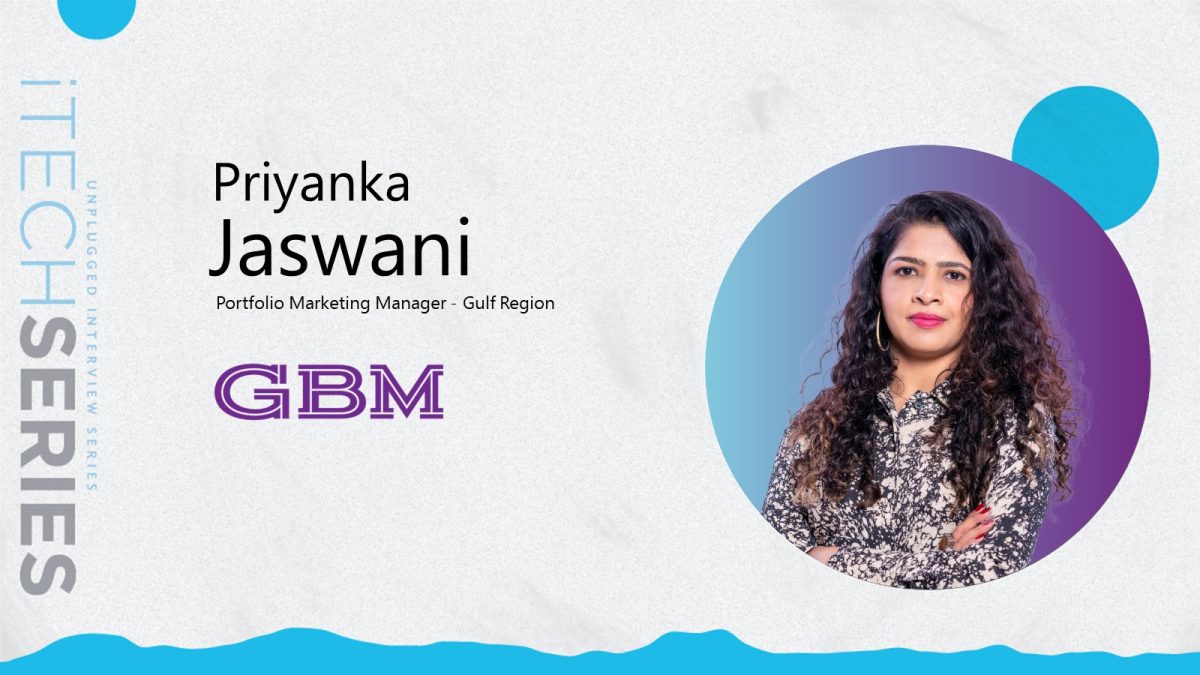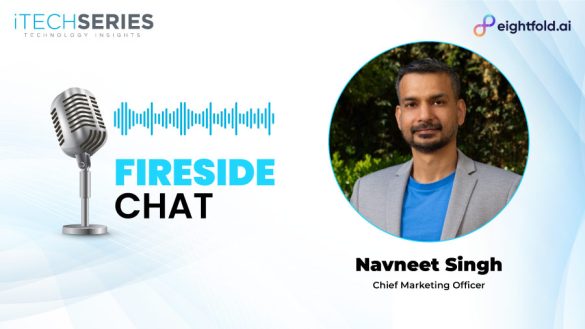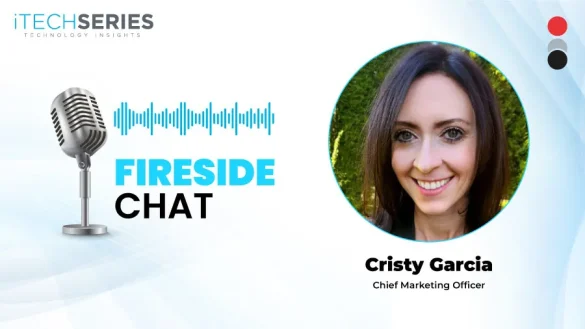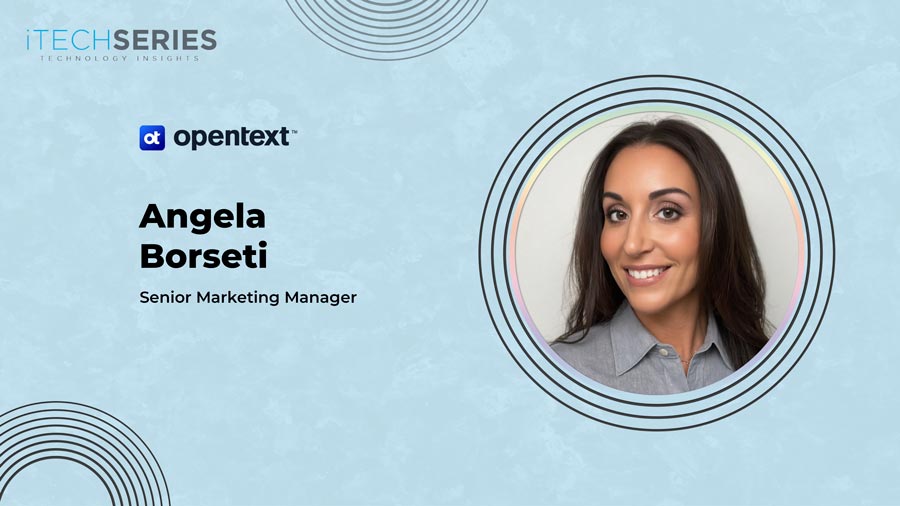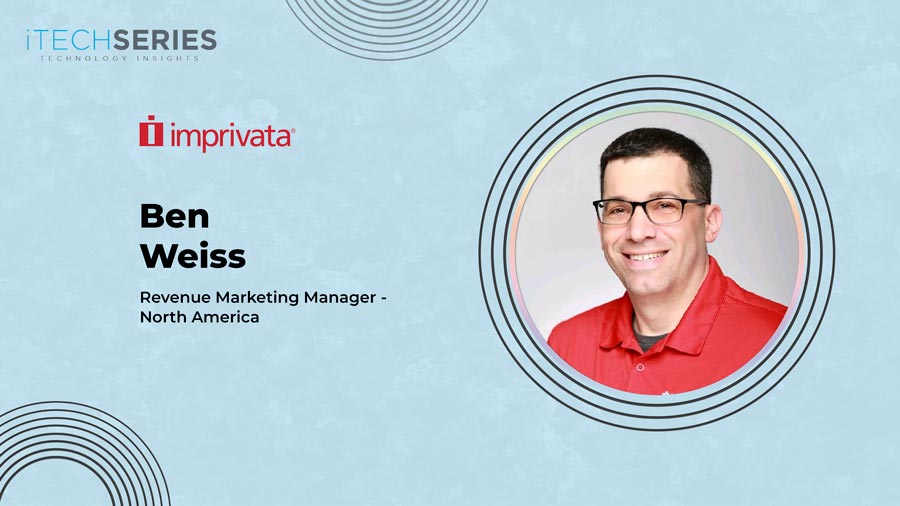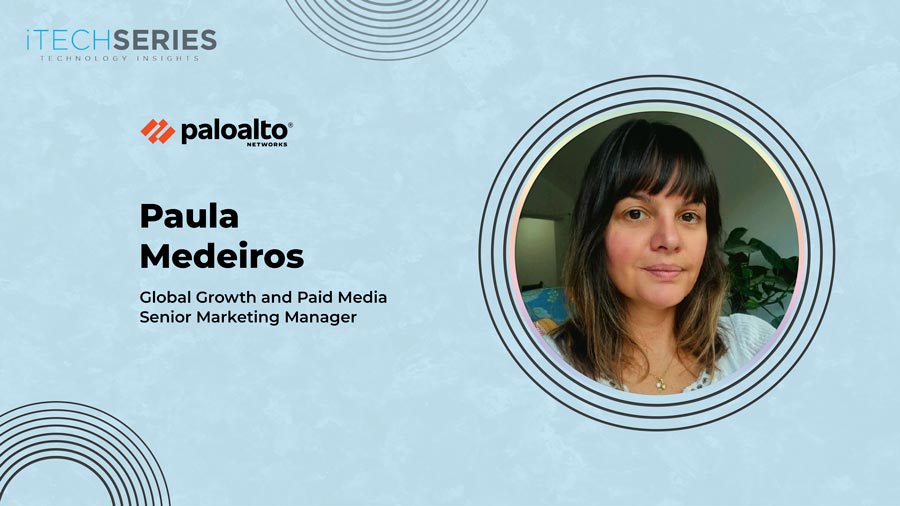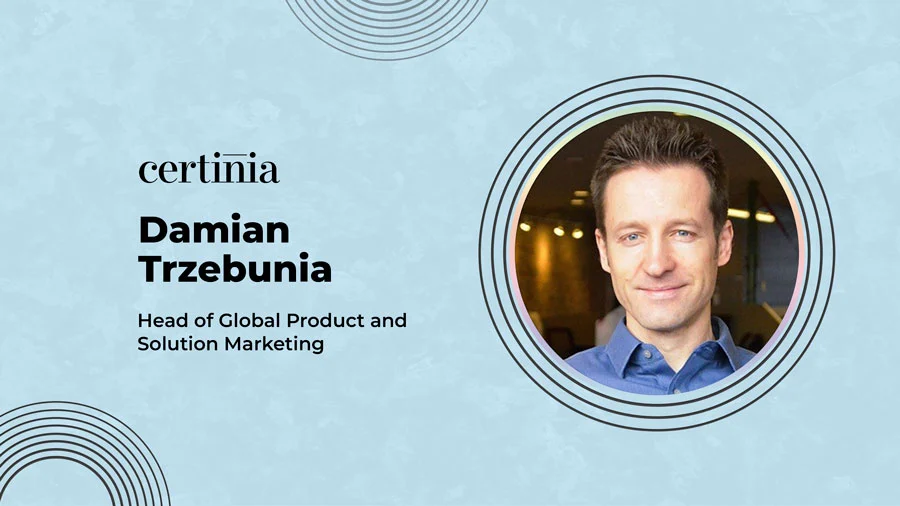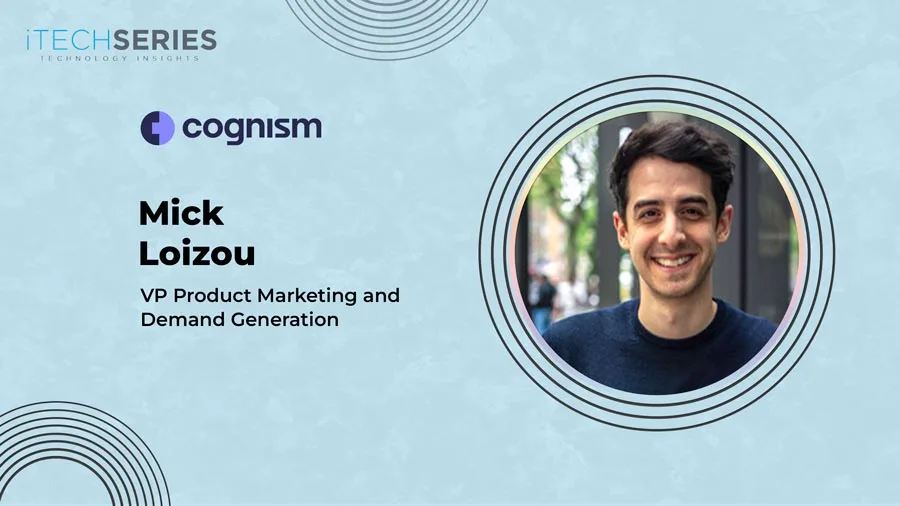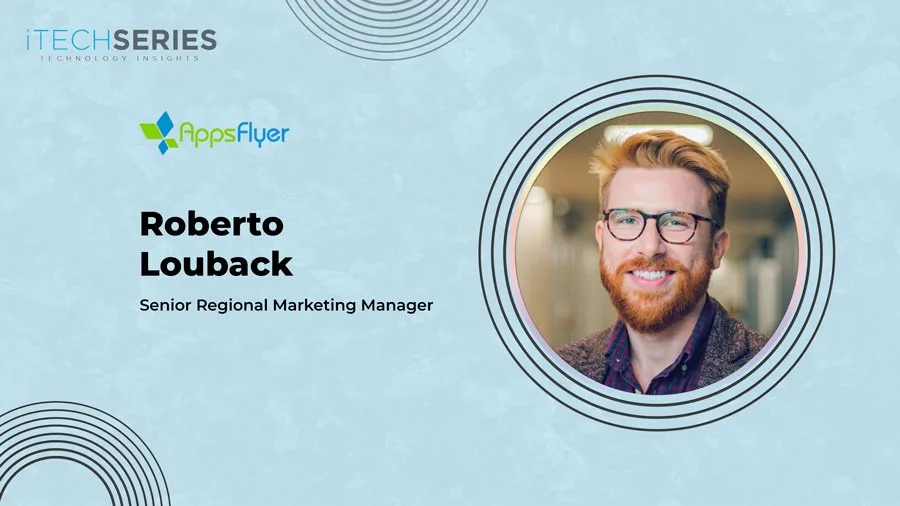Priyanka Jaswani, Portfolio Marketing Manager at GBM, shares her insights on crafting impactful marketing campaigns, the impact of RevOps, enhancing customer experiences, integrating AI tools, and more.
It’s wonderful having you, Priyanka. Tell us about yourself and your marketing journey.
Thrilled to be here and to share my journey with you! I’m a passionate marketing expert with over nine years of experience in the technology industry. My journey began with a bachelor’s degree in computer engineering, followed by a master’s degree in Marketing Management.
Currently, I am the Portfolio Marketing Manager for the Gulf Region at GBM. I manage their yearly marketing and co-marketing budgets, lead a team of internal communications specialists, and work closely with global technology vendors like IBM, Cisco, and Red Hat. My focus is on developing innovative marketing campaigns, leading brand refresh efforts, and managing both external and internal communications across all six branches in the region. My expertise in marketing strategy, brand positioning, digital marketing, content strategy, and event management has driven significant growth.
As a marketing leader, what single most important factor do you consider when planning a marketing campaign?
The single most important factor I consider when planning a marketing campaign is alignment with business goals and the sales teams. As a marketing leader, it’s crucial to ensure that our marketing efforts are in line with our overall business objectives and address the pain points of potential clients. By working closely with these teams, we gain a deep understanding of customer requirements and market trends, which allows us to develop campaigns that resonate with our target audience. This collaboration ensures that our messaging is relevant and impactful, ultimately driving engagement and achieving our campaign goals. Aligning marketing with business and sales strategies helps create a cohesive approach that supports the growth and success of the organization.
“The single most important factor I consider when planning a marketing campaign is alignment with business goals and the sales teams.”
From a go-to-market perspective, what’s the biggest challenge you face when executing marketing programs in the Middle East markets?
The biggest challenge I face when executing marketing programs in the Middle East markets is navigating the diverse cultural and economic landscape of the region. The Middle East is not a monolithic market; each country has its unique cultural expectations, business practices, and consumer behaviours. This requires tailored marketing strategies that resonate with local audiences while aligning with the overall business objectives.
To address this challenge, I work closely with local business and sales teams to gain deep insights into the specific needs and pain points of customers in each market. This collaboration ensures that our messaging is relevant and culturally appropriate and that we utilize the most effective channels for each region. By doing so, we can create marketing programs that not only engage our target audience but also drive meaningful business results across the diverse Middle Eastern markets.
You recently spearheaded the GBM website revamp. What specific customer experience (CX) considerations guided your decisions throughout the process?
When spearheading the GBM website revamp, we focused on creating a user-centric and responsive design to ensure seamless navigation across all devices, as customers need to have the freedom to engage with our brand on their own terms. We collaborated with subject matter experts to develop relevant content, including blogs, videos, and thought leadership articles that address customer needs and offer valuable and relevant insights. Additionally, we updated the visual appeal to reflect GBM’s brand identity and optimized the site for search engines to attract more organic traffic.
With the growing emphasis on revenue organizations, how can different groups within these structures be aligned, incentivized, and motivated to work toward shared goals?
Aligning, acknowledging, and motivating different groups within revenue organizations involves establishing a clear, shared vision and communicating it effectively across all teams. Collaborative goal-setting and integrated KPIs ensure everyone understands how their contributions fit the bigger picture. Promoting cross-functional collaboration, designing knowledge-sharing programs that reward individual and team efforts, and investing in continuous training and development are key. Maintaining a continuous feedback loop also allows for quick adaptations and ensures all teams remain aligned with the organization’s evolving goals. These strategies collectively drive cohesive efforts toward shared objectives and overall success.
How can RevOps leverage its expertise to bridge data silos across the GTM function and present a clear, actionable view of performance through a well-designed dashboard?
RevOps can bridge data silos across the GTM function by integrating data from various sources into a centralized system, ensuring all teams have access to consistent and accurate information. Leveraging advanced analytics and data visualization tools, RevOps can design comprehensive dashboards that provide real-time insights into key performance metrics. These dashboards should be tailored to highlight actionable insights, enabling teams to make data-driven decisions and align their strategies effectively. By fostering a culture of transparency and collaboration, RevOps ensures that all departments can access and utilize this unified view to drive performance and achieve shared goals.
With the growing role of AI tools, what advice would you give marketers on selecting the most essential tools to integrate into their marketing tech stack?
Marketers should first identify their specific needs and objectives, such as improving customer segmentation, personalizing content, or optimizing campaigns before they start selecting AI tools. It’s important to choose tools that seamlessly integrate with existing systems and offer robust data analytics capabilities. We should look at prioritizing tools that are user-friendly and offer strong support and training resources. Evaluating the tool’s scalability and flexibility to adapt to future needs is also essential.
Marketing campaigns are rarely smooth sailing. How do you approach setbacks in your marketing programs, and what do you do to learn from them?
When facing setbacks in marketing programs, I approach them as learning opportunities. First, I conduct a thorough analysis to identify the root causes of the issue, involving the team in discussions to gain different perspectives. We then pivot our strategy, making data-driven adjustments to improve future performance. I always emphasize maintaining open communication with stakeholders throughout the process to manage expectations. It’s important to implement A/B testing in marketing campaigns and adjust content and ads based on the results. Additionally, documenting lessons learned and continuous learning about marketing best practices helps refine our approach and avoid similar issues in the future. This iterative process ensures continuous improvement and resilience in our marketing efforts.

With more than 34 years of experience, 7 offices, and over 1,500 employees across the Middle East, Gulf Business Machines (GBM) is the region’s leading digital solution provider. As your end-to-end digital transformation partner, GBM offers the region’s broadest technology portfolio, including industry-leading infrastructure solutions, technology solutions, security solutions, and services. GBM has nurtured partnerships with the world’s leading technology companies and have invested in skills and resources to assist their customers on their path towards digital transformation. For more information, please visit www.gbmme.com
Priyanka is a dynamic marketer specializing in B2B marketing across diverse markets and channels. With over 9 years of experience, she currently serves as GBM’s Portfolio Marketing Manager for the Gulf Region. Priyanka excels in strategic marketing, brand positioning, content strategy, digital campaigns, and event management, collaborating with global tech leaders to drive impactful growth initiatives.

